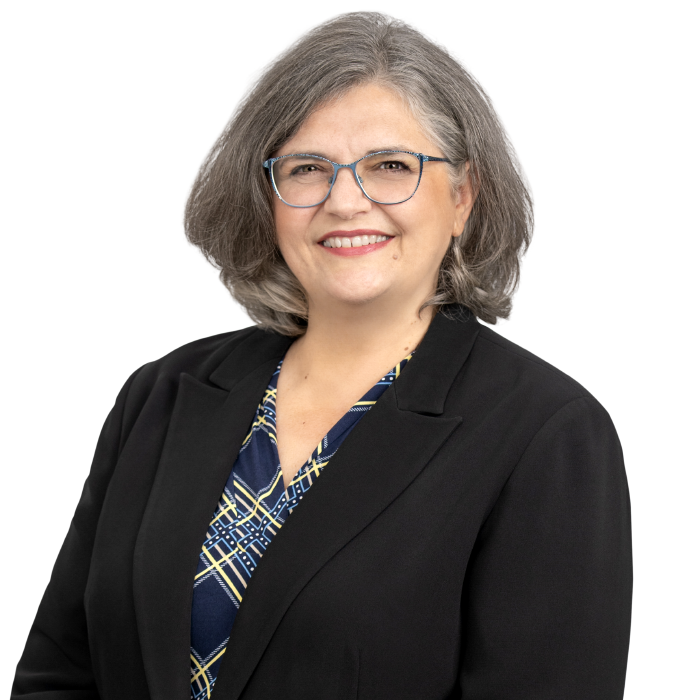
BB&K’s Cheryl Leanza Discusses Right of Way Use on Bloomberg Tax Podcast
“Talking Tax” Episode Highlights Trends Around Current Lawsuits Against Streaming Services
Best Best & Krieger LLP Of Counsel Cheryl Leanza was featured on Bloomberg Tax’s “Talking Tax” podcast on October 28. The episode, “Netflix in Tax Crosshairs as Cable Revenue Dries Up,” discusses the legal and regulatory trends surrounding several local government lawsuits against streaming services such as Netflix and Hulu to recover rent for use of the rights of way under state law.
With an increase in “cord-cutting” – individuals canceling their cable subscriptions and relying solely on streaming platforms accessed over the internet – many local governments are experiencing declines in revenue that cable bills previously generated.
Cheryl, speaking as an authority on telecommunications laws and rules that affect city and municipal governments nationwide, notes that local governments have always managed right of way and always granted permission for companies to get into the right of way to provide services to the public.
“Local governments have to maintain the right of way and that’s certainly expensive and requires extensive coordination to make sure every user is protected,” she said. And because taxpayers fund the creation and maintenance of the public right of way, “part of the role of local government is to make sure the taxpayer is compensated when a private actor is using public infrastructure to sell its product.”
But applying pre-existing laws to new business trends also means we’re at an inflexion point, she explained. “With the internet becoming the dominant provider of communications and entertainment, why should that infrastructure be exempted from rules when similar infrastructure, like cable television, has to pay? As a society, we have to decide who pays for what.”
Cheryl noted that the outcome for the existing suits will vary because every state law is very different. Relatively subtle differences in language could produce vastly different legal outcomes. The results of these suits could cause states or localities to reconsider their laws. Further, federal law governs some of these matters; it is possible new leadership at the Federal Communications Commission could take another look at the relevant rules in this area.
“There’s not one single way to approach this. The ultimate goal is to have a fair contribution to meet the overall needs of the community.”
The podcast can be heard in its entirety here.



